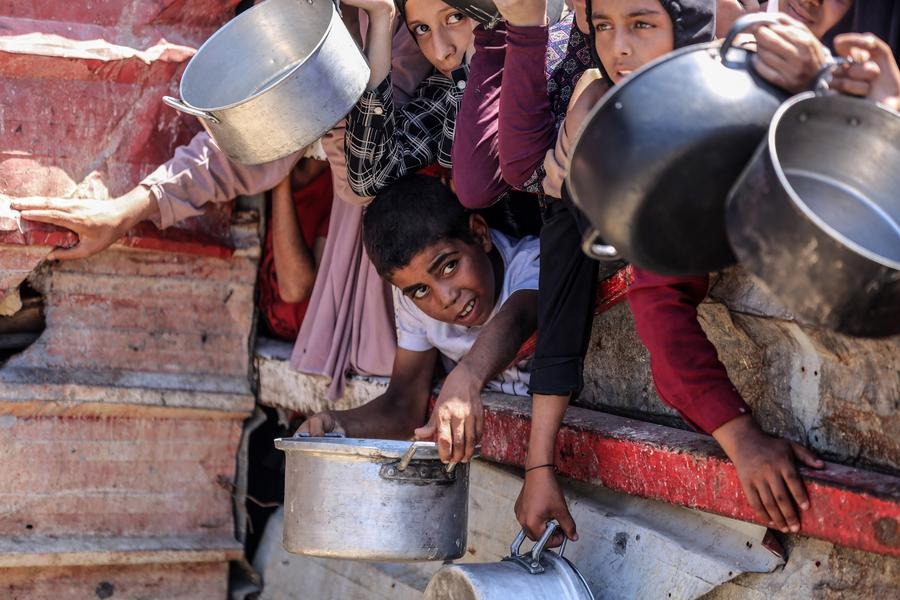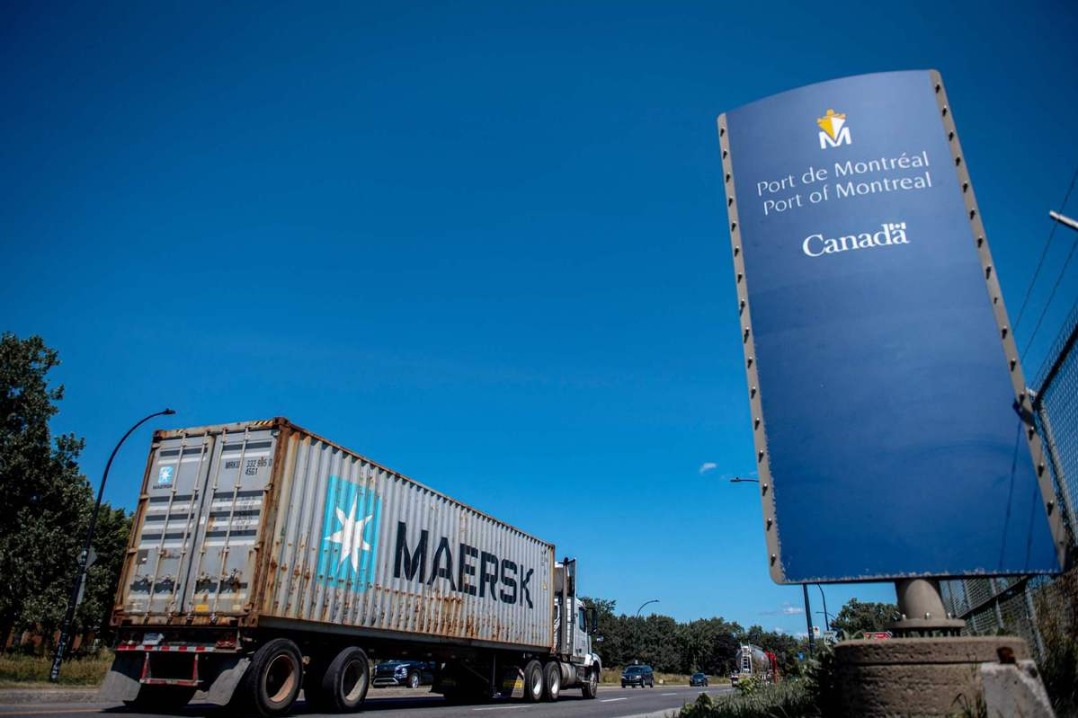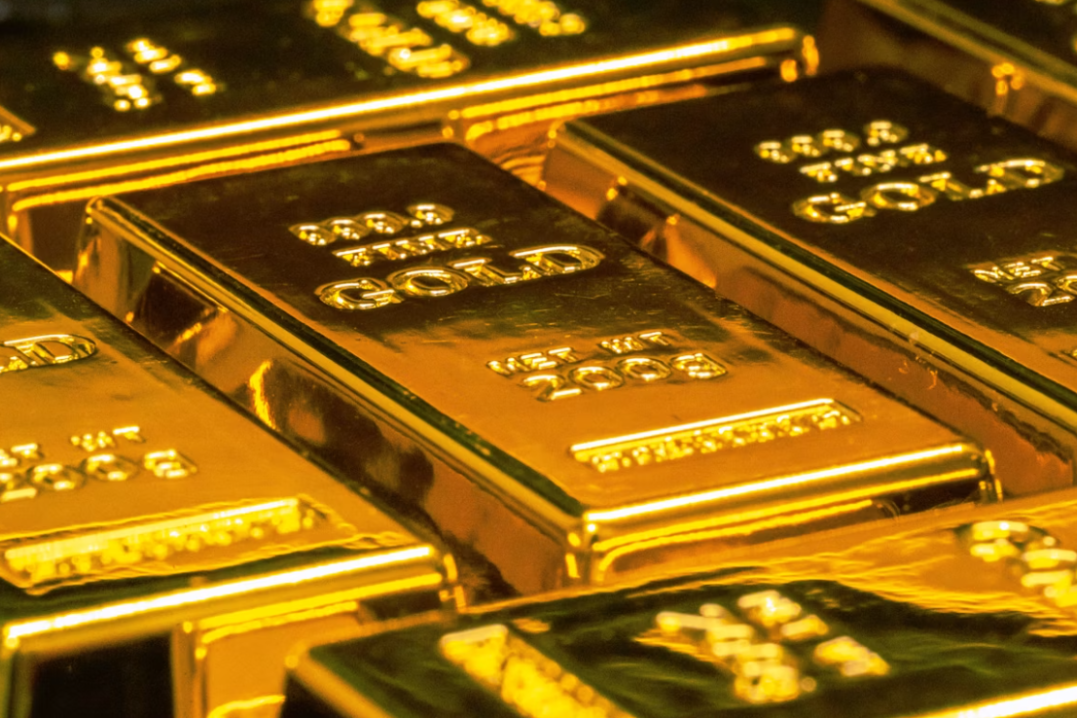A mother river's comeback sets example to other cities





When Parisians lined up to plunge into the Seine again this summer, they did more than celebrate a dip on a hot day. They reclaimed a piece of their city's soul, and offered the world a reminder that rivers, like people, can come back to life if we choose to fight for them.
A century ago, the Seine was off-limits, declared too filthy for human contact. Industrial waste, raw sewage, and urban neglect had turned Paris's great artery into a no-go zone. But a promise was made, and though it took 100 years and a push from the Olympics, Paris has finally kept that promise. The world watched as triathletes swam under bridges where bathers once dove from the quaysides. And now, ordinary people can follow, stroke by stroke.
The Seine's revival is more than a local victory. It throws down a challenge to other cities whose "mother rivers" still languish in neglect. Shanghai's Suzhou Creek, for instance, once stank so badly that locals called it a dead river. But starting in the 1980s, Shanghai poured billions into cleaning up that black, stinking water. Decades later, the creek is clear again, its banks buzzing with life, hosting dragon boat races, marathons, and families who no longer have to pinch their noses when they pass by.
New York has its own story with the Hudson — another working river poisoned by decades of dumping, then clawed back through strict laws and sheer civic will. Today, you'll find kayaks where toxic waste once floated, and even fish and wildlife returning to the city's watery doorstep.
These stories matter because they remind us that a river's health is more than an environmental footnote. A clean river is proof that a city respects its people and its future. It shows that growth and industry don't have to mean filth and decay. It says a city can live in balance with nature if it chooses to.
Not every plan will work overnight. Not every river can be an Olympic swimming lane by next summer. But Paris has shown what happens when a bold promise finally gets backed by money, engineering, science and, above all, political backbone. The Seine's clear water is not just about leisure but also a testament that people can take back what they once lost.
As Parisians float in their mother river, the message drifts far downstream: our cities can heal their wounds. If they do, the next generation might swim where their grandparents only dared to dream.



























